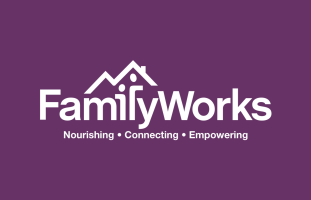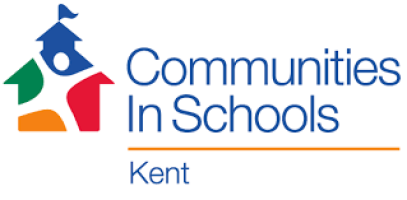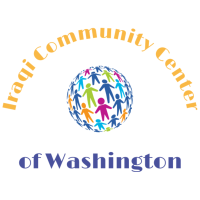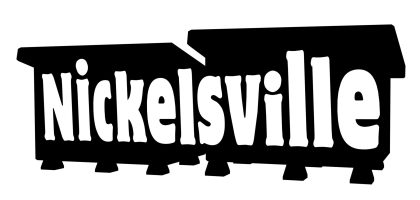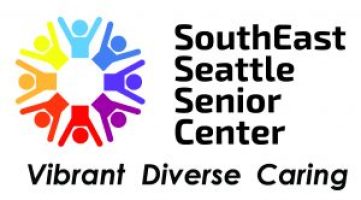Community Food Assistance
Wasat’s Neighborly Needs program was conceived in 2019 and is committed to distribute free and culturally nourishing meals multiple times a week to communities across South Seattle neighborhoods that are facing food inaccessibility. Their program promotes economic stability for caterers and independently-owned restaurants, removes barriers to nourishing food, and cultivates community around fresh and hot meals. The meals are served with dignity and are a touch-point to invite youth, families, and individuals to community for a sense of belonging and holistic wellness.
YouthCare works to end youth homelessness and to ensure that young people are valued for who they are and empowered to achieve their potential. YouthCare envisions a community where no young person experiences homelessness, all young people have the opportunity to thrive, and the systems that oppress them are dismantled.
FamilyWorks envisions vibrant, equitable neighborhoods strengthened by resources designed by and for families furthest from justice. FamilyWorks partners with families to alleviate food insecurity and ensure they have resources and support to overcome systemic barriers to equity, build stable communities, and thrive.
Catholic Community Services is a program supports low-income, home-bound seniors in Kent and Auburn. CCS’s mission is to ensure the future care of the poorest and most vulnerable people in Western Washington served through its programs, shelters and services.
Partner in Employment promotes long-term economic stability to local refugees and immigrants by providing job training, housing stabilization, and other programs.
SHAG Residents is an affordable housing nonprofit supporting seniors who are food insecure at their Tukwila Village location.
International Rescue Committee is a resettlement agency helping refugees relocate.
Mobile pantry at Food Innovation Network farmers market booth in Tukwila.
15 schools in the Kent/Covington school district. They provide services to families who qualify for free or reduced meals. 90% of the students they serve are BIPOC and largely of immigrant backgrounds.




